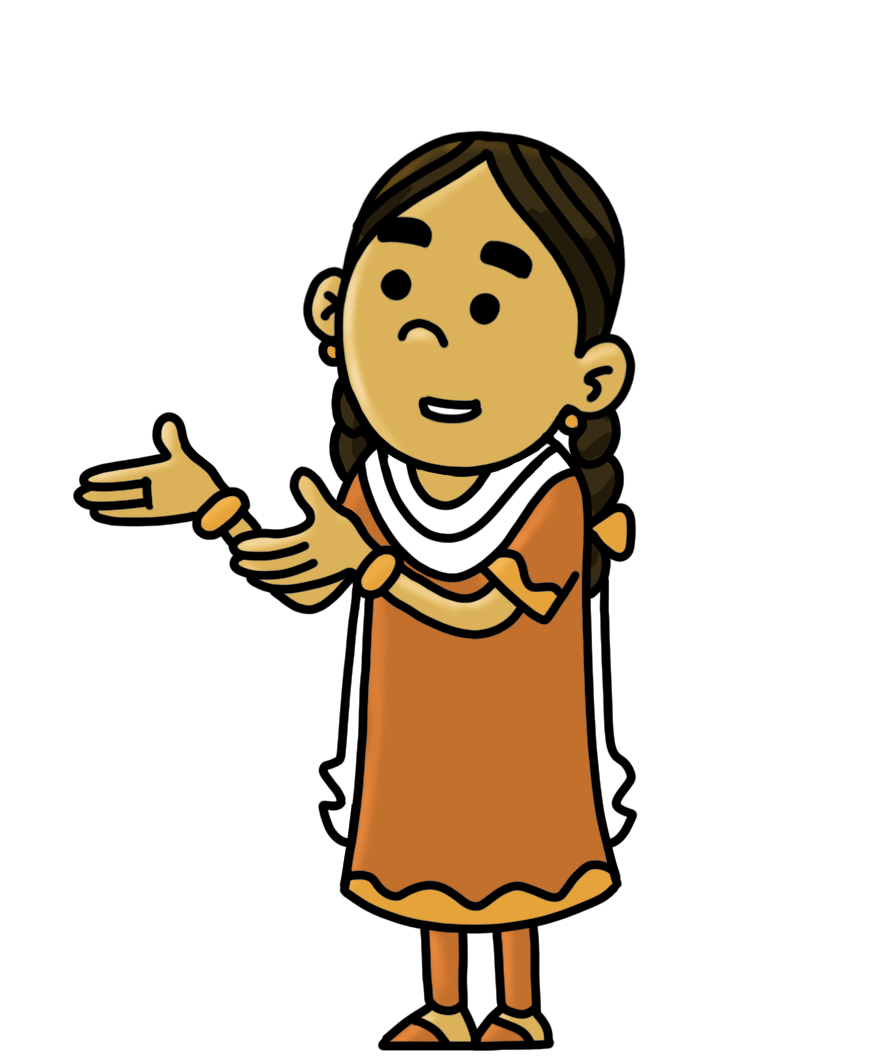Product liability refers to the responsibility of the product manufacturer or seller to compensate for the harm caused to the customer due to a defect in the product or deficiency in service(( Section 2(34), Consumer Protection Act, 2019.)). The harm caused can include issues such as personal injury, mental distress, death, damage to property, breach of contract, etc(( Section 2(22), Consumer Protection Act, 2019.)). For example, if an online food product causes health issues or is highly adulterated, a consumer can file a complaint to bring about a product liability action against the seller(( Section 83, Consumer Protection Act, 2019)). A complaint can be filed against the product manufacturer, the seller and the service provider in such cases.
Instances of product liability (( Section 84, Consumer Protection Act, 2019.))
- When the product has a manufacturing defect or is not good enough
- Where the manufacturing of the product did not conform with manufacturing specifications
- Modification or alteration in the product that has caused the harm(( Section 86(b), Consumer Protection Act, 2019.))
- The product has a design, testing or packaging defect
- Inadequate instructions or warnings as to the usage of the product bought1
- Product that does not conform with the express warranty or guarantees mentioned
- Section 86(e), Consumer Protection Act, 2019. [↩]

